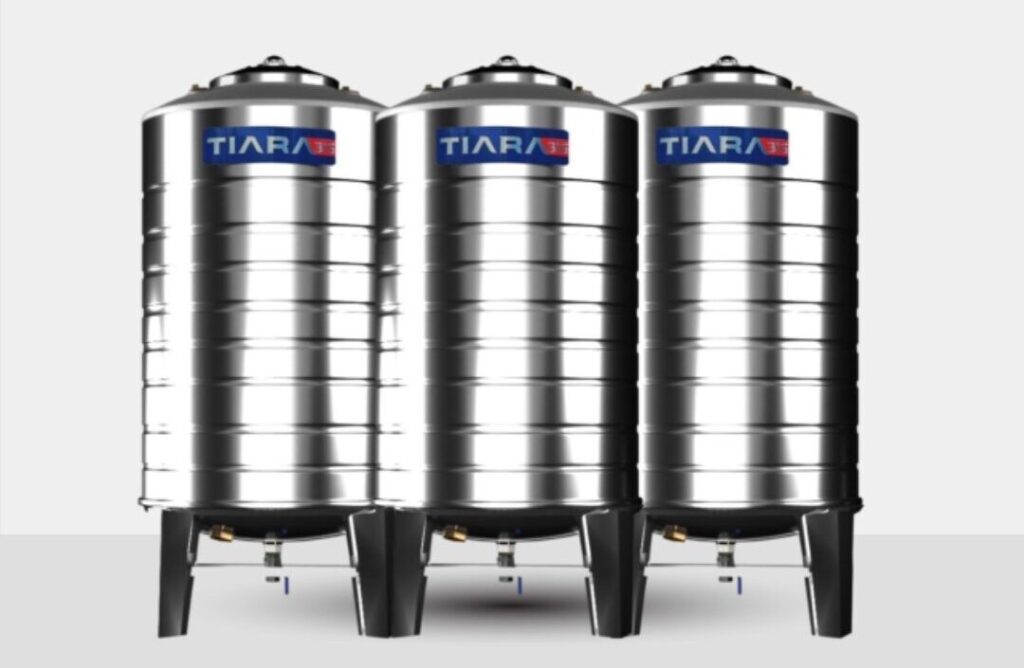
Water is a critical resource for industries worldwide, particularly in India, where rapid industrialization and urbanization place immense pressure on water availability. Smart water storage solutions have emerged as a game-changer for Indian industries, offering sustainable and efficient ways to manage this precious resource. Here’s an exploration of the benefits smart water storage brings to Indian industries.
1. Efficient Resource Management
Smart water storage systems leverage advanced technology, such as IoT sensors and real-time monitoring, to provide precise data on water levels, usage, and quality. This allows industries to optimize water consumption, reduce wastage, and ensure that water resources are used sustainably. Real-time data empowers industries to detect leaks, monitor consumption trends, and plan water usage more effectively.
2. Cost Savings
Implementing smart water storage systems helps industries reduce operational costs by minimizing water waste and enhancing efficiency. Automated controls and predictive maintenance reduce downtime, saving money on repairs and unexpected outages. Additionally, industries can avoid penalties associated with non-compliance with water usage regulations.
3. Enhanced Sustainability
Sustainability is becoming a core focus for industries worldwide. Smart water storage solutions support eco-friendly practices by reducing water waste and ensuring optimal utilization of available resources. These systems often incorporate rainwater harvesting and groundwater recharge, promoting sustainable water cycles. Industries adopting such measures contribute to environmental conservation and align with global sustainability goals.
4. Improved Water Quality
Many industries, such as pharmaceuticals, food processing, and textiles, require water of specific quality standards. Smart water storage systems incorporate filtration and purification technologies to maintain high water quality. Continuous monitoring ensures any deviation in water quality parameters is promptly addressed, safeguarding product integrity and compliance with regulatory standards.
5. Regulatory Compliance
Indian industries face stringent water management regulations to combat over-extraction and pollution. Smart water storage solutions assist industries in staying compliant by providing detailed records of water usage and quality. Automated reporting capabilities help industries avoid regulatory breaches, ensuring smoother operations and enhanced reputation.
6. Resilience Against Water Scarcity
India often faces water scarcity due to erratic monsoons, over-extraction, and climate change. Smart water storage systems allow industries to store water efficiently and manage supply during periods of scarcity. Advanced systems can even predict shortages using historical and environmental data, enabling industries to prepare and mitigate risks effectively.
7. Integration with Renewable Energy
Smart water storage systems can be integrated with renewable energy sources like solar or wind power, reducing reliance on conventional electricity and lowering operational costs. This integration is particularly beneficial for industries in remote areas, where power supply is inconsistent.
8. Scalability and Flexibility
Modern smart water storage solutions are scalable and adaptable to the specific needs of diverse industries. Whether a small-scale enterprise or a large manufacturing unit, these systems can be tailored to fit unique operational requirements, ensuring maximum efficiency and effectiveness.
Conclusion
Smart water storage systems offer Indian industries a pathway to sustainable growth by addressing the critical challenges of water management. By adopting these innovative solutions, industries can ensure efficient resource utilization, comply with regulations, and contribute to environmental conservation. As India continues to grow as a global industrial hub, embracing smart water storage will play a pivotal role in securing water resources for future generations while fostering economic resilience.


